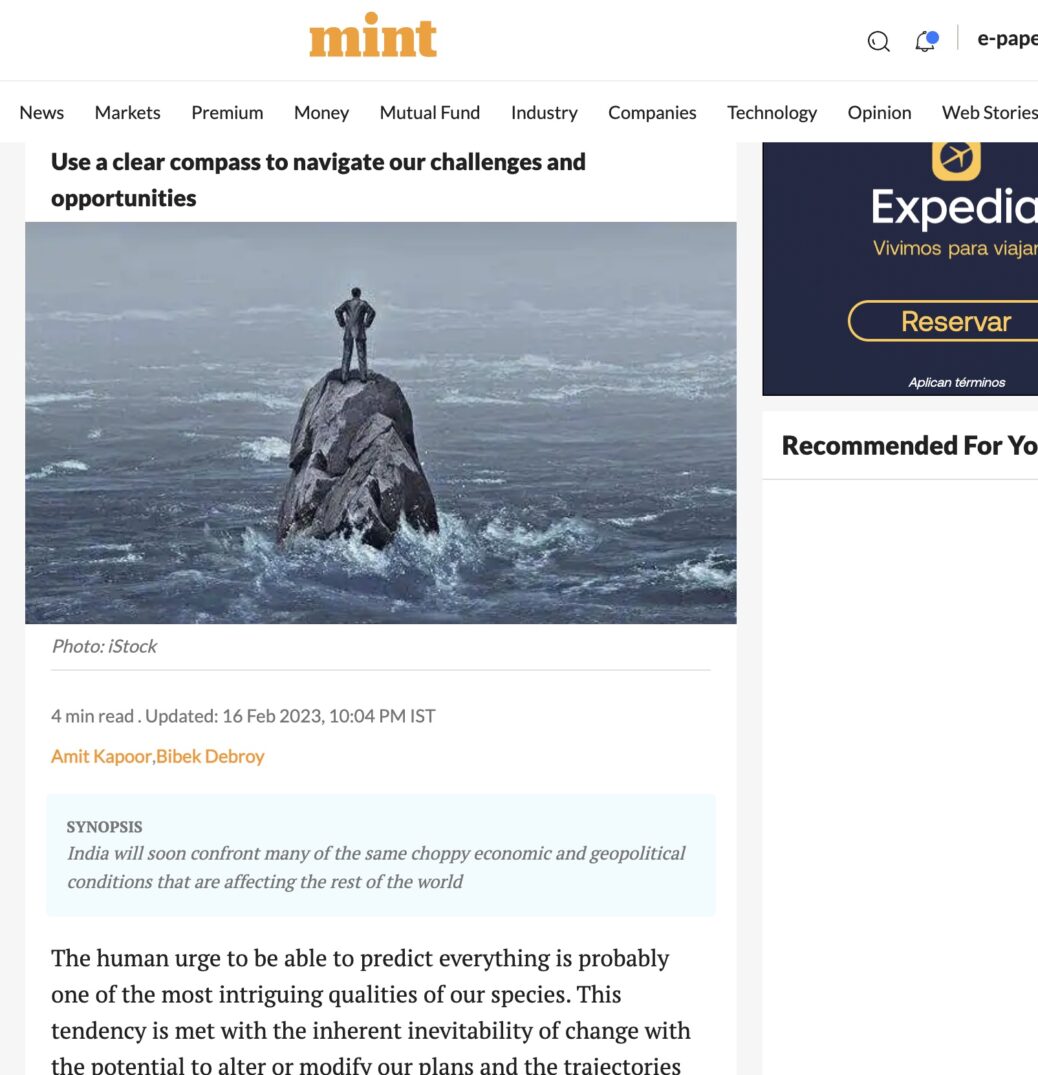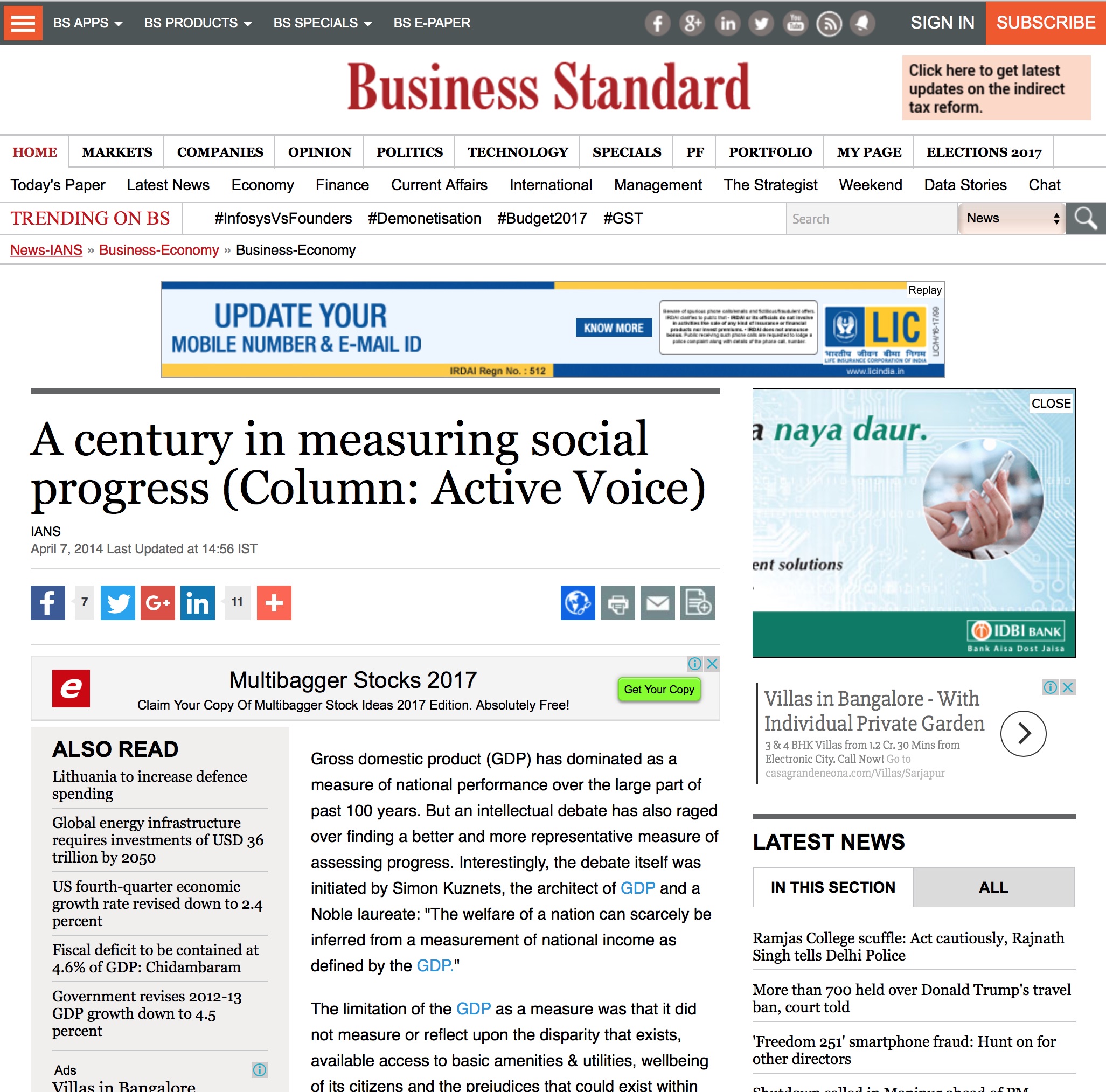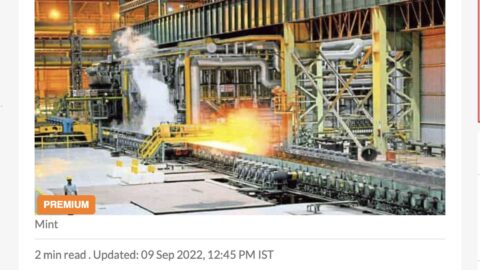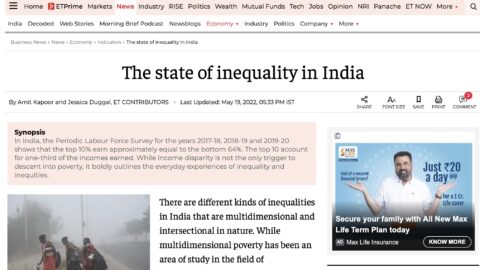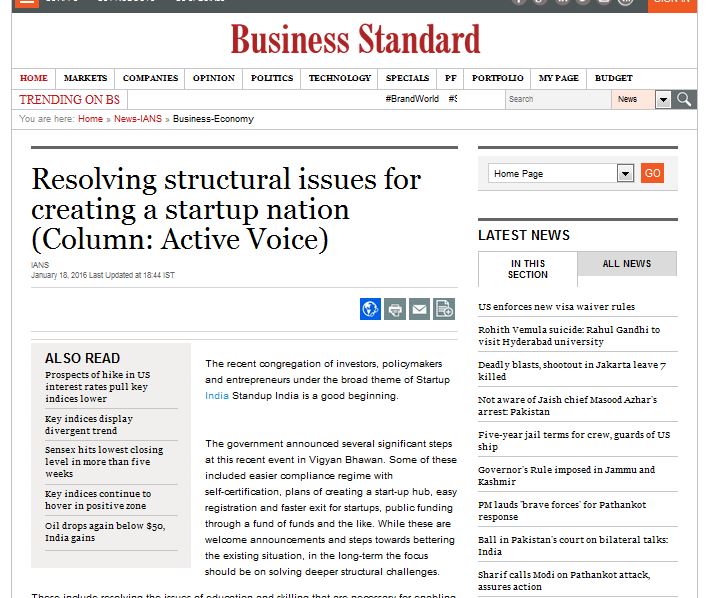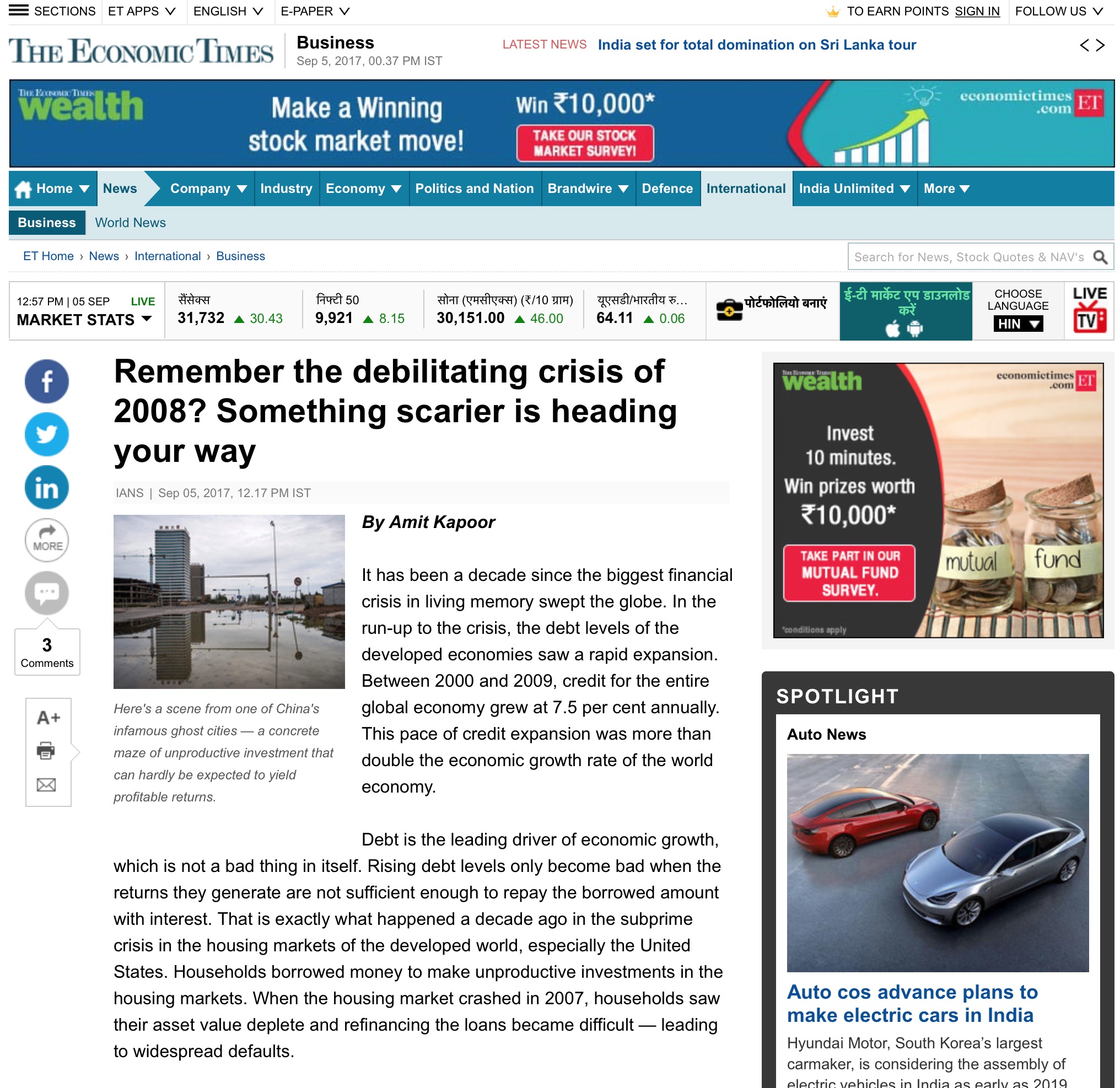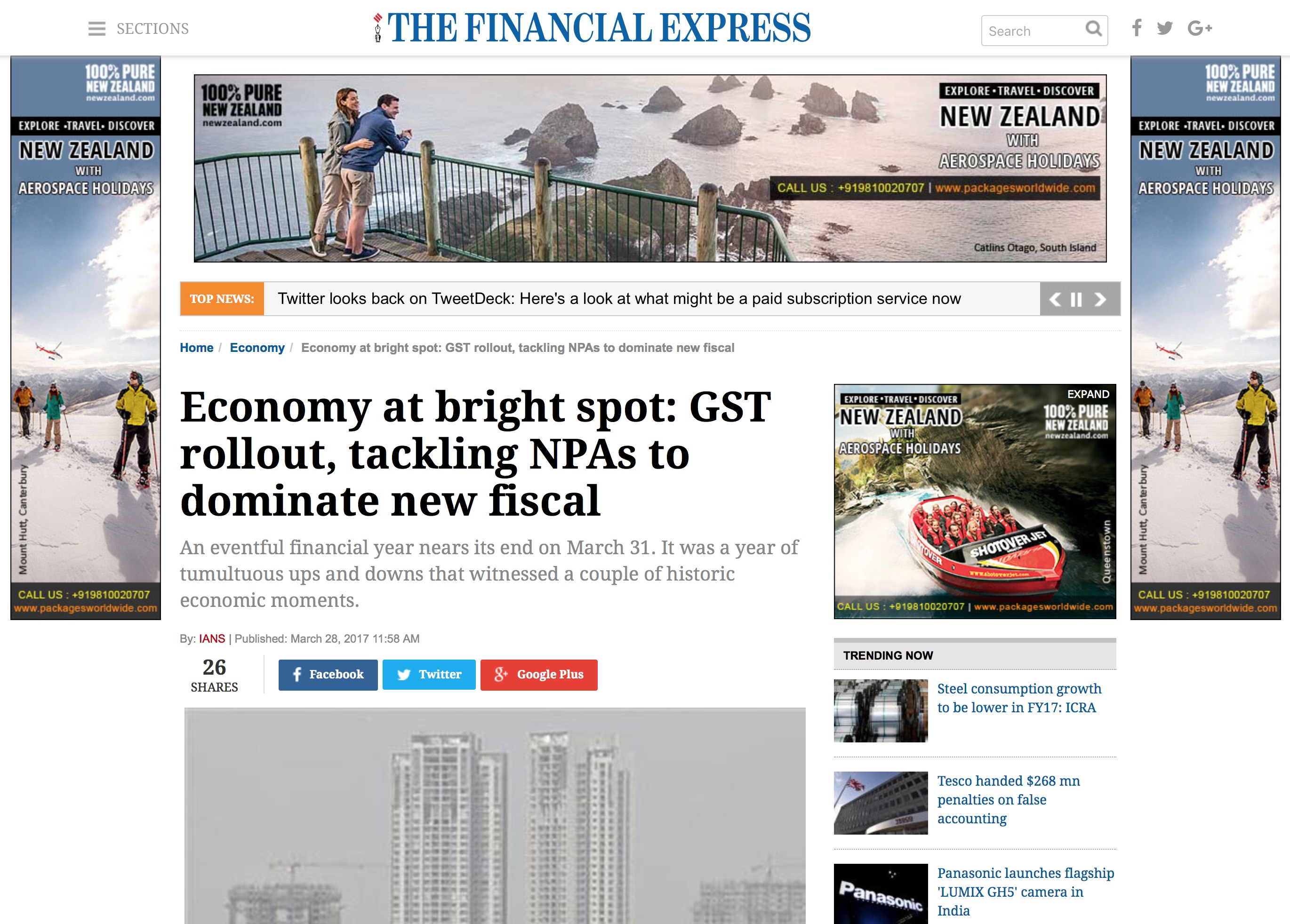India and the World: Navigating through Challenges and Opportunities
The human urge to be able to predict everything ahead of time is probably one of the most intriguing qualities of the species. This tendency is met with the inherent inevitability of change with the potential to alter or modify our plans and the trajectories we foresee. Most recently, the world witnessed these contradictions playing in the form of the Covid-19 pandemic. As the world came to a standstill, we all witnessed how unparalleled some events can be and how the force with which they impact us can never be predicted. The pandemic, however, also came with a lesson that while unpredictability and change remain inevitable, it is imperative for us to closely watch and be aware of undercurrents as a nation and its citizens are well served by gaining an awareness of the significant underlying trends influencing the modern world. The last twenty years have seen an incredibly rapid pace of change spurred by globalisation and technological revolution. Global events can act as headwinds posing obstacles or tailwinds presenting possibilities in the modern world when national lines do not always confine success or failure. For policies to steer toward higher levels of growth, these must be taken into account.
There is no denying that the macroeconomic landscape has changed dramatically. According to World Bank projections, the share of trade as a percentage of global GDP climbed from roughly 25% in 1970 to 52% in 2020. The development of Asia and developing economies is a prominent trend, in addition to the growing interdependence and interlinkages among regions. Asia is expected to generate $22 trillion in new wealth between 2020 and 2025, and the Global Value Chains (GVCs) have grown more widely in the global economy. In 2023, emerging markets will grow more than twice as quickly as developed markets, predicts the IMF. Supply chains have seen a significant transformation since the opening of the Suez Canal, the invention of the shipping container, and the growth of Asia as an industrial hub. Approximately 50% of current global trade involves GVCs. India must, in this situation, find the best prospects in this environment. Starting a strategic integration in the GVCs is one option. By ensuring that local businesses can participate in GVCs profitably, we can increase production by transferring information, investing in them, and using international best practices. The combined exports of Gujarat, Tamil Nadu, and Maharashtra in 2020–21 accounted for around 60% of the entire exports of the nation, demonstrating that India has a huge opportunity to increase exports by reviving underutilised resources at the subnational level.
Climate change is yet another unavoidable phenomenon that has had an impact on not just the world economy but also the entire society and will do so in the future. The decade from 2011 to 2020 has been the warmest on record. It has become essential for nations to include climate change in all policy deliberations as the world struggles with potential catastrophic weather events, food scarcity, and the ensuing poverty and displacement. Even if there is no easy fix for this problem, India can benefit from investing in climate-resilient and sustainable infrastructure. The chance to build strategically and leverage this opportunity is further complimented by the fact that three-quarters of India’s physical infrastructure will not be complete until 2050. According to a World Bank analysis, investing in more resilient infrastructure would produce an average net benefit of $4.2 trillion, or $4 for every $1 invested in low- and middle-income nations. The adoption of electric vehicles and the generation of green hydrogen are only a couple of the several initiatives being undertaken by the government to meet its lofty goal of 500 GW of renewable energy capacity by 2030. We have a chance to reduce our carbon footprint, achieve net-zero goals, and decouple emissions from economic growth by switching to renewable energy sources and designing buildings with climate change in mind.
In addition to the changing nature of the global macroeconomy and the effects of climate change, digitalisation has strongly influenced all aspects of society. In the time since COVID-19, it has picked up steam. Although there is still much to be done to improve the quality of our technical infrastructure, the country has rapidly advanced to extraordinary levels of digitalisation. A significant digital payment platform in India, Unified Payment Interface (UPI), has enrolled 376 banks and facilitated 730 crore transactions, with a total value of Rs 11.9 lakh crore. Over 135.5 crore citizens have signed up for the Aadhaar programme. There is an opportunity to both continuously expand our digital endeavours and act as a model for emerging countries wishing to advance their digital infrastructure.
How does a nation plan for growth in a system with erratic trends? Resilience has become more popular in the wake of the pandemic, and for a good reason. Beyond resiliency, nations must see change as an asset that fosters creativity. The contact tracing software Aarogya Setu demonstrated India’s capacity to create innovative crisis response mechanisms during the pandemic. Despite the negative repercussions of COVID-19, nations used technology to offer digital solutions, from Singapore’s chatbots to Indonesia’s expansion of telemedicine. India will soon have to deal with many of the same issues affecting the rest of the world, such as rising debt levels, inflation, food and energy crises, and geopolitical conflicts. It is acknowledged that overcoming obstacles in a changing external environment necessitates deliberate action across all socioeconomic domains. Most importantly, it necessitates a mentality change that accepts the certainty of change.
The article was published with Mint on February 16, 2023.

